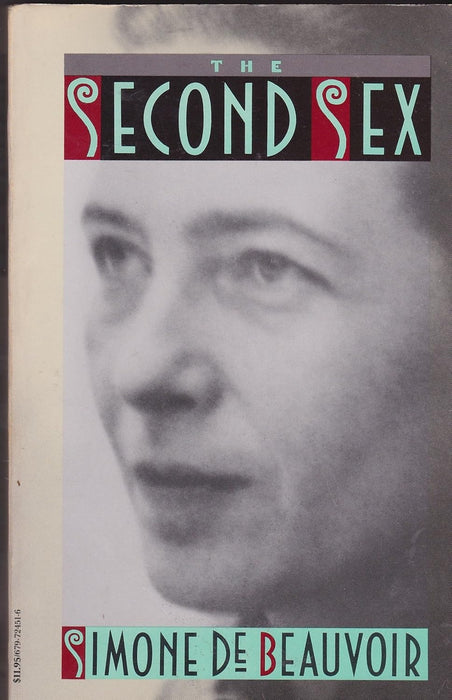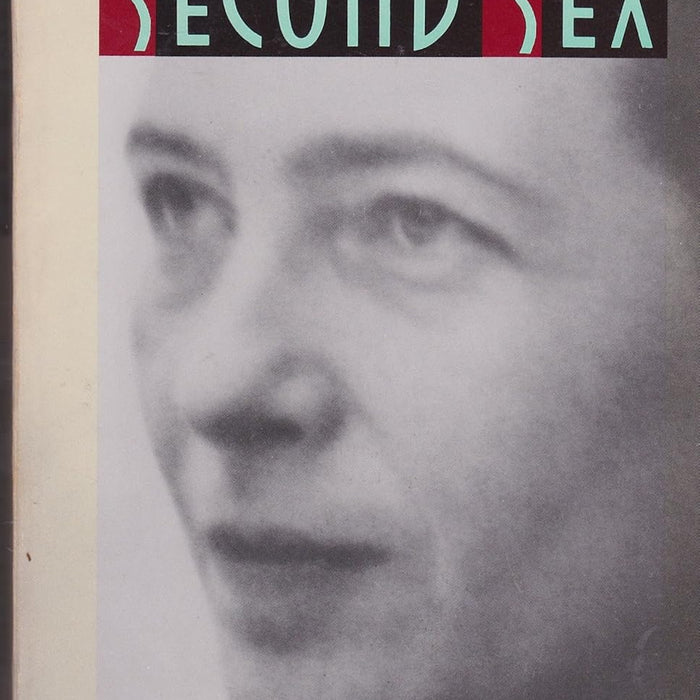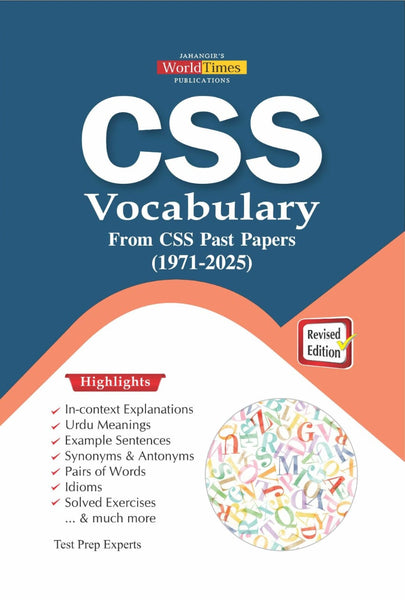The Second Sex by Simone De Beauvoir (Author)
- Publisher: ENGLISH LANGUAGE LITERATURE & SKILLS
- Availability: In Stock
- SKU: 34804 R1 0339
- Number of Pages: 702
Rs.1,590.00
Rs.1,995.00
Tags: autonomy , Constance Borde , cultural construction , existential feminism , existential freedom , female oppression , femininity , feminism classic , feminist impact , feminist literature , feminist movement , feminist philosophy , feminist theory , foundational texts , gender oppression , gender studies book , historical oppression , history of feminism , motherhood , myth of femininity , patriarchal society , personal liberation , philosophical critique. , reproductive rights , sexual identity , sexuality , Sheila Malovany-Chevallier , Simone de Beauvoir , The Second Sex , Western feminism , womanhood , women's independence , women's studies , women’s rights
📘 Title Name: The Second Sex
✍️ Author: Simone de Beauvoir
📦 Quality: White Paper – Pakistan Print
🔹 Introduction:
The Second Sex by Simone de Beauvoir is a revolutionary feminist text that examines the historical, social, psychological, and cultural oppression of women. First published in 1949, this landmark work challenges traditional gender roles and explains how society constructs women as the “Other.” It remains one of the most influential books in gender studies and modern philosophy.
🔑 Key Points:
-
Explores how society creates gender roles through culture, history, and social structures.
-
Introduces the famous idea: “One is not born, but rather becomes, a woman.”
-
Analyzes female experiences from childhood to adulthood across different societies.
-
Critiques patriarchy, religion, marriage, motherhood, and economic dependency.
-
A foundational text in feminism, shaping modern debates on equality and women’s rights.
🕌 Conclusion:
Simone de Beauvoir’s The Second Sex is a bold, trailblazing work that exposes the systematic oppression of women and calls for their freedom and equality. It remains essential reading for anyone interested in feminism, sociology, philosophy, or social justice.
























